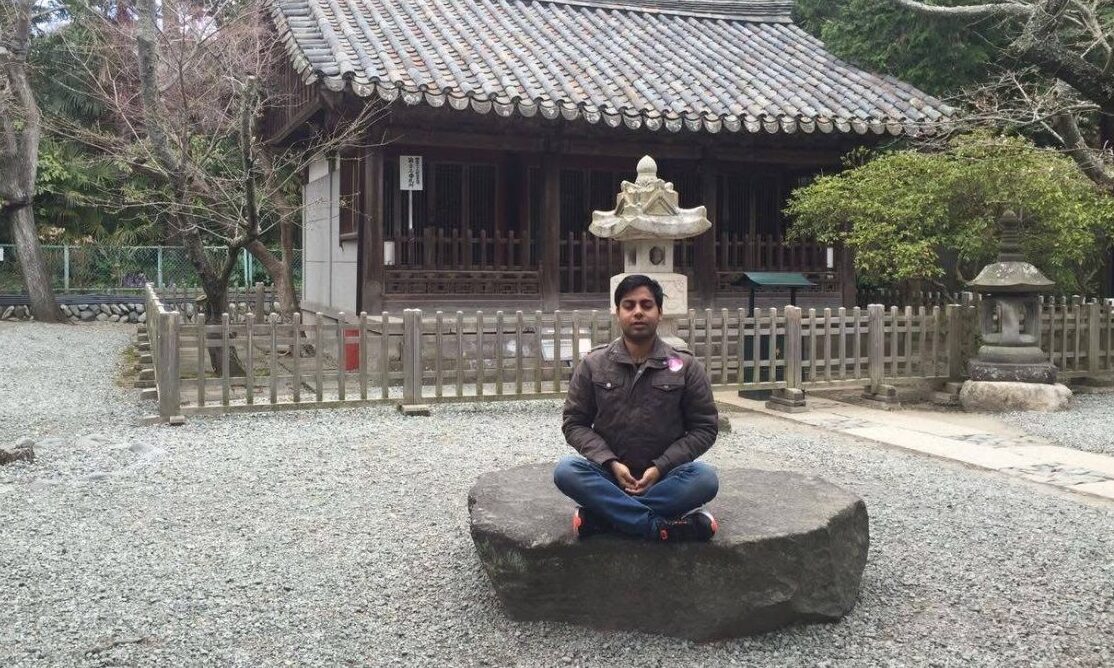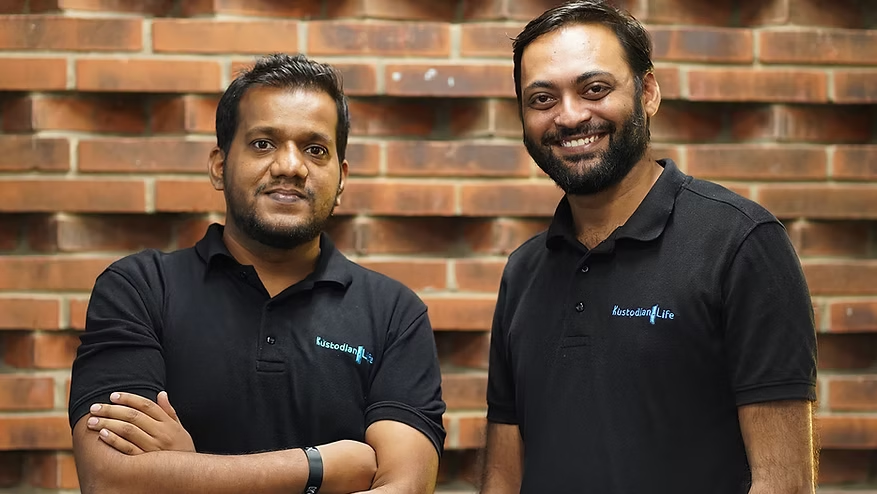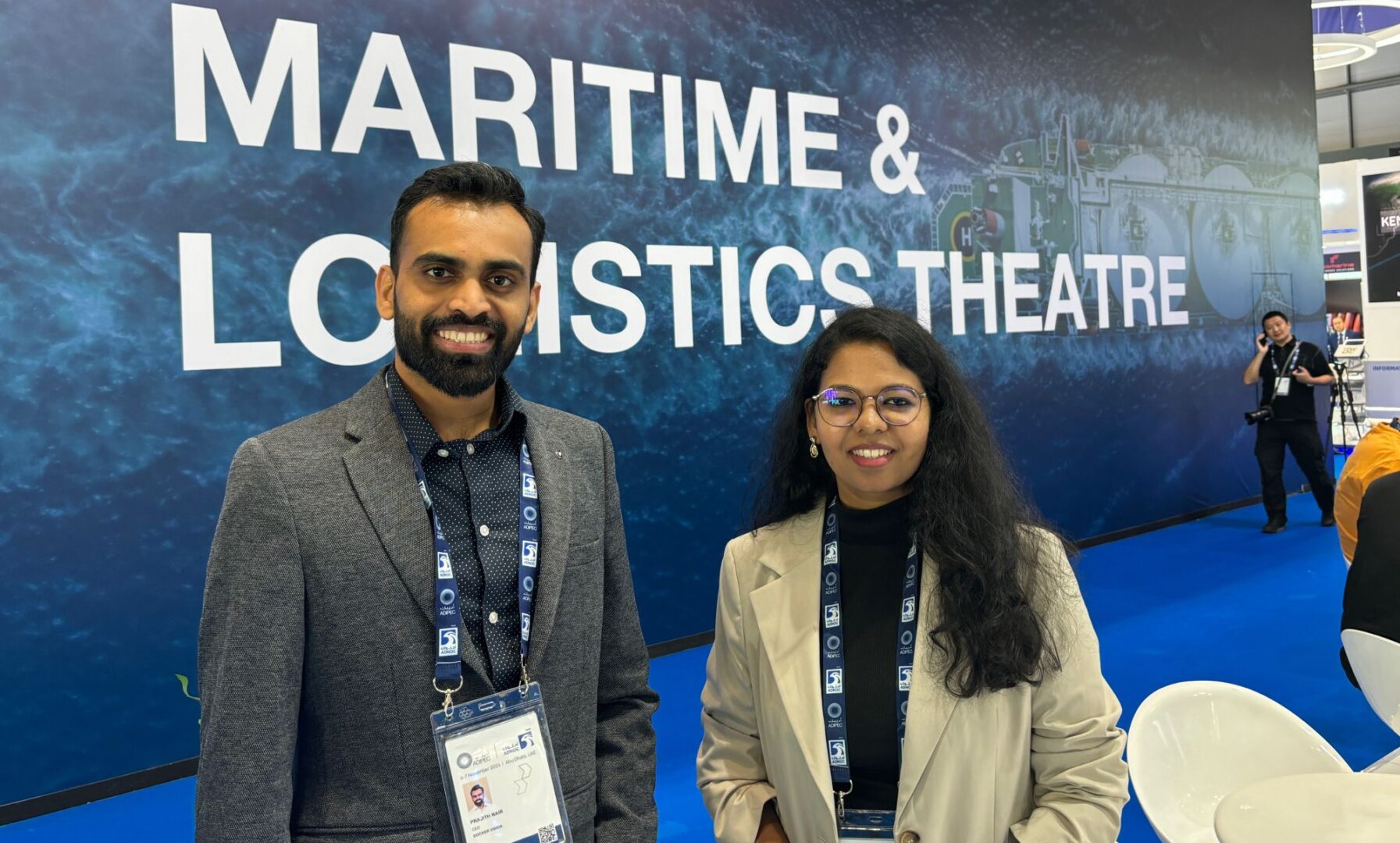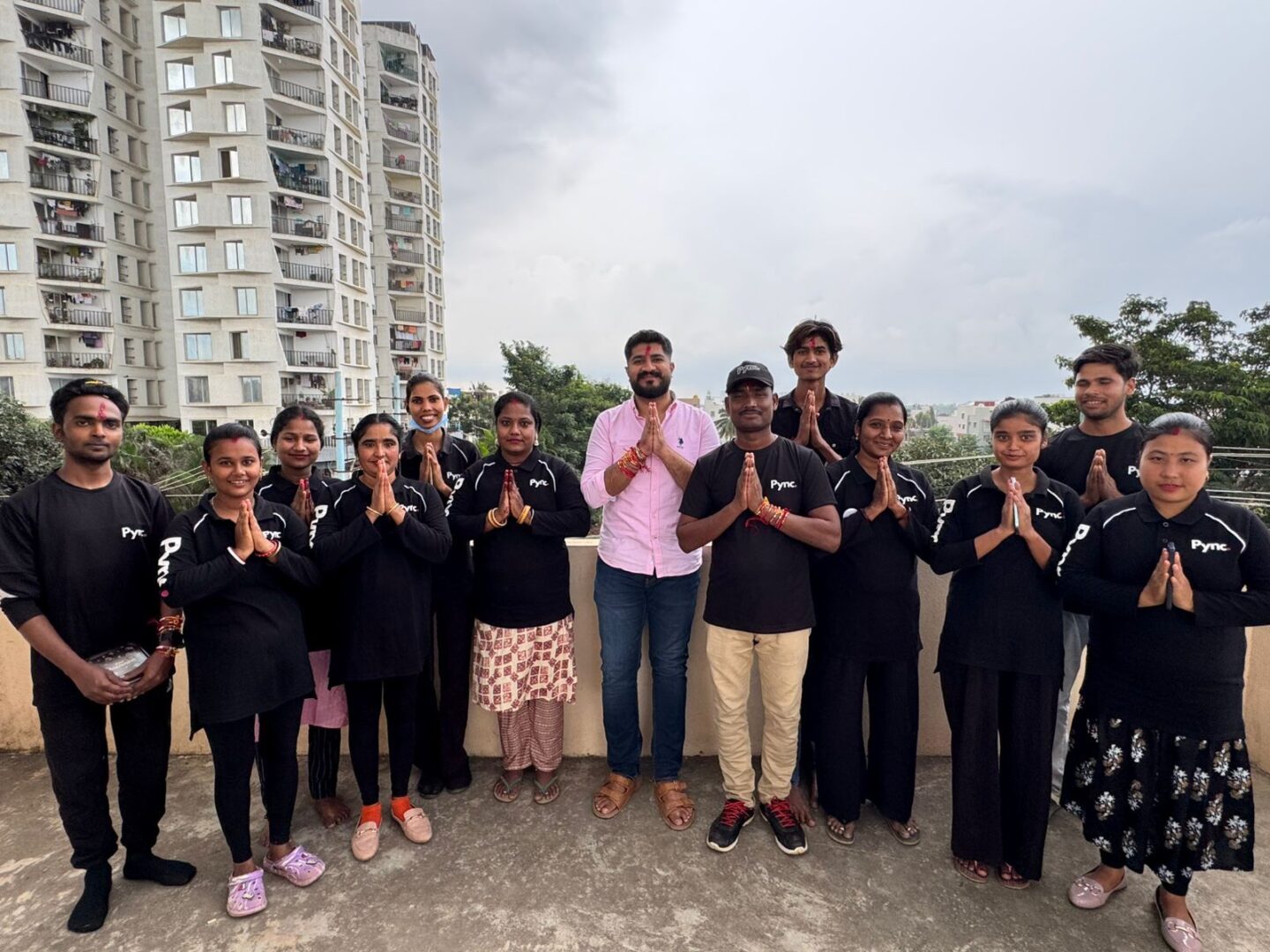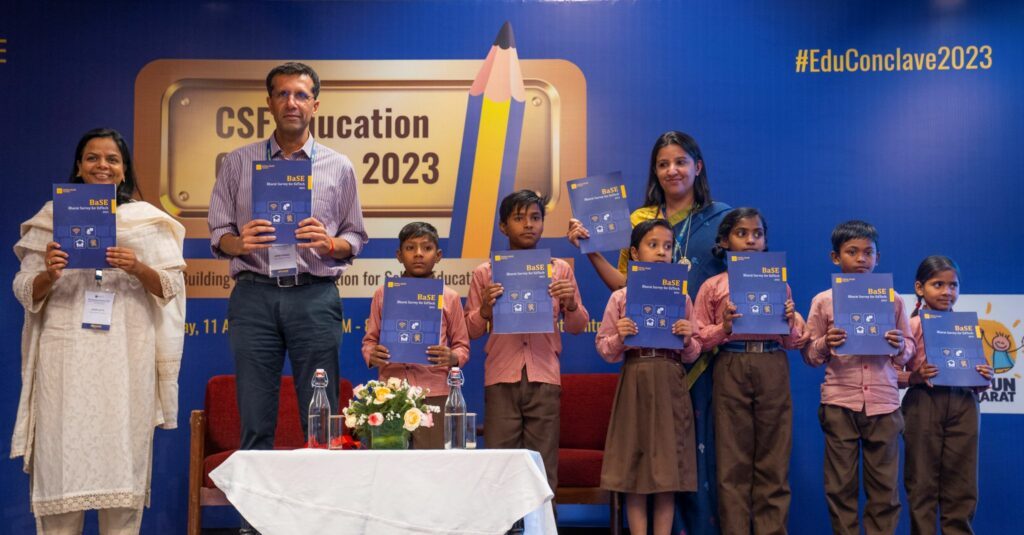Aman Gupta, co-founder and CMO of boAt Lifestyle, is calling for a rethink in how Indian workplaces view young employees who question authority. In a recent reflection, he contrasted his early corporate years with the fearless style of today’s Gen Z workforce and urged leaders to see their honesty as a strength, not insolence.
Gupta recalls a time when challenging a senior was unthinkable. “Boss ne bola karna hai, toh karna hai. End of story,” he said, describing the corporate hierarchy of a decade ago, when simply standing outside a boss’s cabin could be nerve-wracking.
Today, the dynamic is different. In his office, 20-year-old interns walk up and ask: “AG, why are we doing this? Are you sure it’s right?” Gupta says this shift from “Yes boss” to “Why boss?” isn’t rebellion, it’s a product of exposure and confidence.
Global Citizens, Not Just Employees
According to Gupta, Gen Z has “seen more, sooner, and faster” than previous generations. Where his generation grew up with Doordarshan and scarcity, today’s youth are digital natives, raised in a world of smartphones, global content, and instant delivery. Quick commerce, he notes, has shaped their thinking: if something better is possible, they expect it now.
“They don’t just work for money,” he says of his under-30 marketing team at boAt. “They work because they care. They live freely. They create fearlessly.”
Courage Over Compliance
Some older professionals dismiss this attitude as laziness or defiance. Gupta sees courage, courage to speak up, to push back when something feels off, and to “actually give a damn.” He dislikes when directness is mistaken for disrespect, arguing that it keeps teams honest and prevents costly missteps.
In creative industries like consumer electronics and lifestyle branding, he says, that willingness to question can be a competitive advantage. Campaigns live and die in days, and spotting a weak idea early can save both time and reputation.
The Manager’s Role Has Changed: Aman Gupta
Gupta believes this generational shift demands a new leadership style. “Because I said so” no longer works. Leaders need to explain the “why” behind decisions, invite dissent early, and reward curiosity, not just compliance. Hierarchy still matters, but authority now rests on the ability to justify, not simply direct.
This approach, he says, is not about romanticising chaos. It’s about building a culture where asking “Why?” is a feature, not a flaw.
The Real Question
For Gupta, the challenge is not “How do we manage Gen Z?” but “How do we work with them and learn from them?” His advice to managers: embrace their perspective, match their speed of thought, and channel their energy into purpose.
Two sentences from his own career illustrate the shift. The past: “Boss ne bola karna hai, toh karna hai.” The present: “Why are we doing this? Are you sure it’s right?”
Between them lies a decade of technological change and cultural evolution, one that Gupta believes leaders ignore at their own risk.
Also Read: Aman Gupta on BluSmart Crisis: Lessons for Indian Startups












